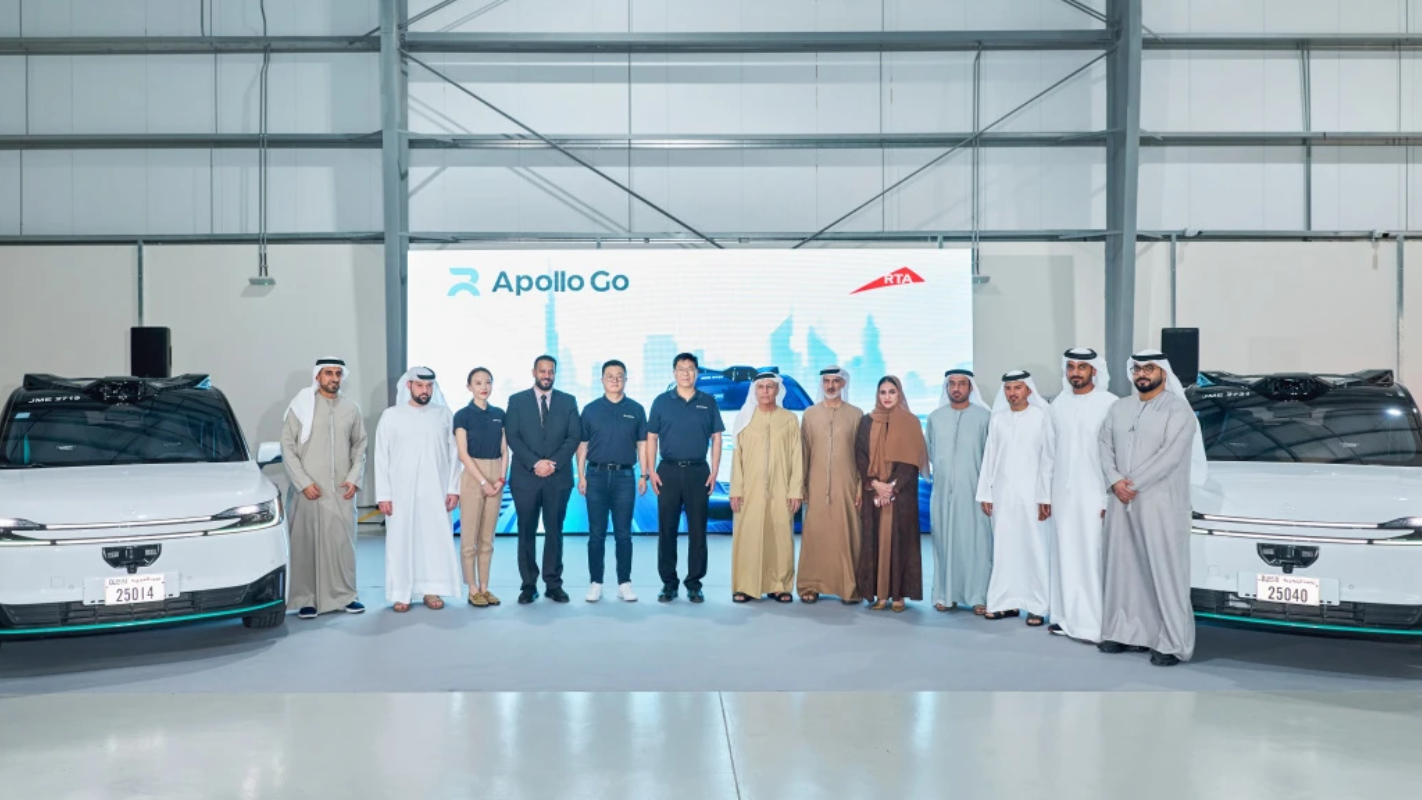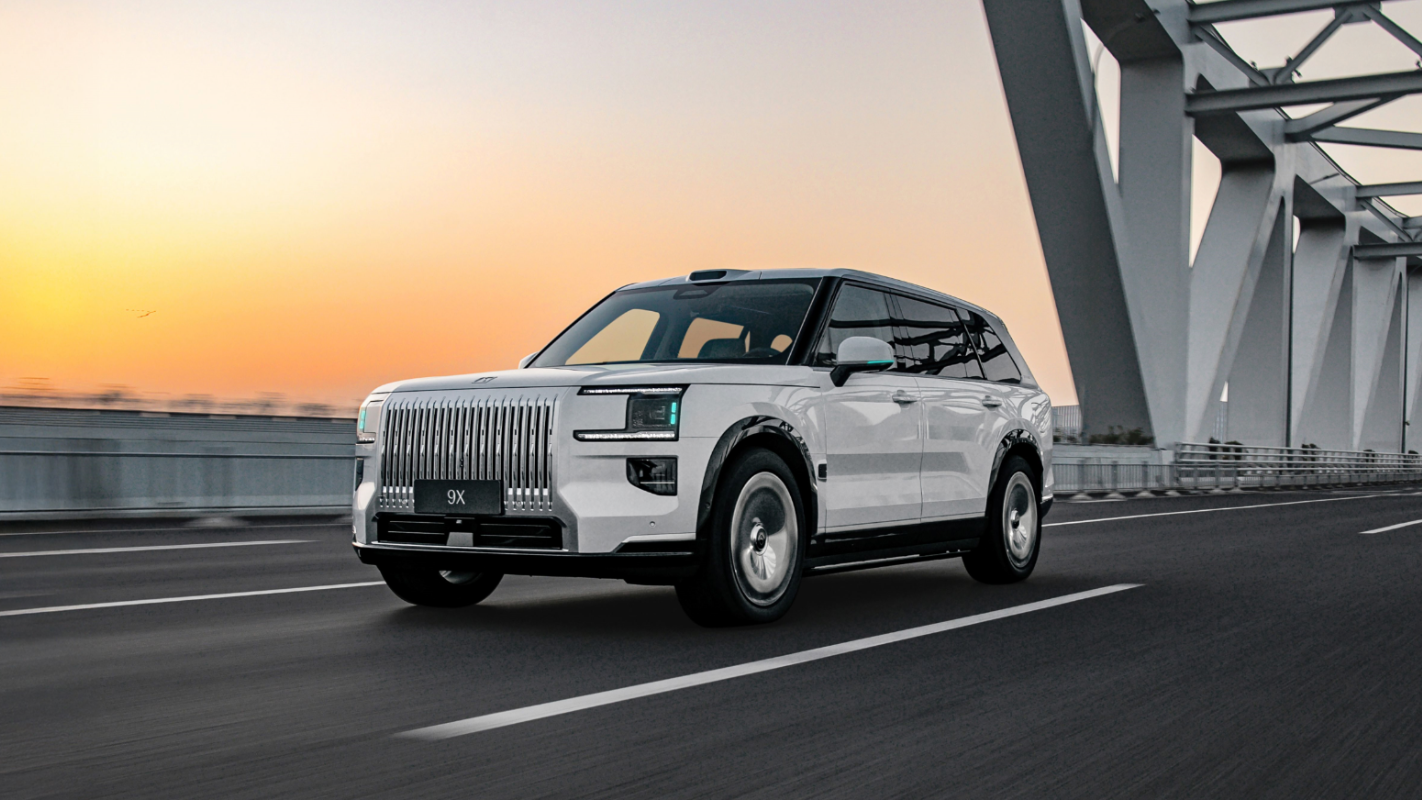The ink is barely dry on the DaimlerChrysler divorce papers, and already new worries plague the Stuttgart carmaker.
Chief executive Dieter Zetsche has been roundly praised for pulling the plug on a deal described by his predecessor in 1998 as a "marriage made in heaven" which ended up as a costly co-habitation with a €20 billion price tag.
But in Stuttgart, there is concern that Zetsche has broken an industry taboo by selling the iconic American company to the investor company Cerberus - named after the Greek mythological three-headed hound of hell. What if the hellish hound, or another investment group, returns for seconds and snaps up Daimler in a hostile takeover?
CEO Zetsche went on a weekend interview offensive, painting a bright future: "We want to be the leading manufacturer of premium vehicles in all market segments in which we operate. We learned a lot from Chrysler - without this knowledge we wouldn't have been able to improve productivity at Mercedes by 12 per cent last year." Off-loading the financial albatross of Chrysler has strengthened Daimler, he said, and made it less vulnerable to a hostile takeover. But apart from the boost in share price following last week's announcement, the German luxury carmaker Daimler is weak on nearly all fronts.
The nine-year transatlantic marriage has left the German company struggling abroad and at home, where it has been overtaken by BMW as the luxury car market leader. Lifelong Mercedes customers have abandoned the brand in droves after reliability problems with complicated electronic technology. Anecdotal evidence of that faltering loyalty can been seen on the streets of every German city, where the cream-coloured Mercedes monopoly on taxis has crumbled.
Four years ago, the Mercedes Car Group, including the Smart brand, produced 100,000 more cars than BMW in 2003. The roles had reversed by last year, with BMW producing 120,000 more than Mercedes, with a much smaller product palette and a higher profit margin. Playing catch-up with its rivals will be difficult: BMW is controlled by the Quandt family, and Audi by Volkswagen/Porsche, stable ownership structures that allow both companies to invest in research and technology for the luxury cars of tomorrow.
Some 93 per cent of company stock is in diversified holdings; the only large shareholder is the Emirate of Kuwait with 7 per cent. Financial analysts say it is only a matter of time before hedge fund managers make their move and up their existing 20 per cent stake in the company.
At around €100 billion, a complete takeover would be expensive, but investor groups have deep pockets. Daimler executives, worried about the attractiveness to outsiders of the company's €12 billion reserves, are considering a quick off-loading of the cash.
But that would mean less money for R&D, analysts say, without which the Stuttgart-based carmaker will not be able to invest in new models and technology. But without that, can Daimler really recapture its luxury market crown?








